Understanding Oral Cancer and Its Importance
Oral cancer is a serious health condition affecting the mouth, throat, and surrounding tissues. In the United States, early detection plays a crucial role in improving survival rates and treatment success. Dentists are often the first healthcare professionals to identify suspicious lesions or symptoms during routine dental visits. Knowing how do dentists check for oral cancer empowers patients to take proactive steps toward their oral health.
1. Visual Examination and Physical Inspection
1.1 What Dentists Look For
During a routine dental checkup, dentists perform a thorough visual inspection of the mouth, including the lips, tongue, cheeks, roof, and floor of the mouth. They search for abnormal signs such as:
- Red or white patches (erythroplakia or leukoplakia)
- Ulcers or sores that do not heal
- Unusual lumps or bumps
- Thickened areas or rough spots
- Changes in texture or color
This detailed inspection helps dentists identify any potential early warning signs that require further evaluation.
1.2 Palpation Techniques
Dentists also use their hands to gently feel for lumps or irregularities inside the mouth and neck areas. Palpation can detect abnormalities that might not be visible, such as swollen lymph nodes or tumors beneath the surface.
2. Use of Specialized Screening Tools
2.1 Oral Cancer Screening Devices
Modern dental practices often incorporate advanced tools designed to improve early detection, including:
- ViziLite: Uses a special light to highlight abnormal tissues.
- VELscope: Utilizes fluorescence technology to detect cellular changes invisible to the naked eye.
- Brush Biopsy: A minimally invasive method where a small brush collects cells from suspicious areas for lab analysis.
These technologies aid dentists in distinguishing benign lesions from potentially malignant ones, facilitating earlier intervention.
2.2 Advantages of Technology-Assisted Screening
Using such devices increases the accuracy of screenings, especially in patients with risk factors such as tobacco use, heavy alcohol consumption, or a history of oral lesions.
3. Understanding Risk Factors and Patient History
3.1 Comprehensive Medical and Lifestyle Evaluation
Dentists gather detailed patient history, including habits like smoking and alcohol use, previous oral infections, family history of cancer, and HPV exposure. This information shapes their level of concern and urgency for additional testing.
3.2 Patient Education and Awareness
Educating patients about symptoms such as persistent pain, difficulty swallowing, or changes in voice encourages timely reporting of new issues between visits.
4. Referral for Diagnostic Testing and Biopsy
4.1 When Dentists Recommend Further Evaluation
If a suspicious area is detected, dentists refer patients to oral surgeons or specialists for biopsies, where tissue samples are taken and examined under a microscope to confirm or rule out cancer.
4.2 The Importance of Timely Biopsy
A prompt biopsy allows for earlier diagnosis, increasing the chances of effective treatment and survival.
5. Real Patient Experiences Highlighting Early Detection
Consider the story of Jane, a patient who visited her dentist for a routine cleaning. The dentist noticed a small white patch on her tongue during the oral cancer screening. Thanks to the early detection and quick biopsy, Jane received treatment before the cancer progressed, highlighting the critical role dentists play in saving lives.
Similarly, Mark, a longtime smoker, credits his dentist’s vigilant exams and use of screening devices for identifying an early lesion that might have otherwise gone unnoticed.
6. Maintaining Oral Health and Regular Screenings
6.1 Scheduling Routine Dental Exams
Regular dental checkups, typically every six months, provide ongoing opportunities for oral cancer screenings and maintaining oral health.
6.2 Lifestyle Choices Impacting Oral Cancer Risk
Quitting smoking, reducing alcohol consumption, and protecting against HPV infections through vaccination are important preventive measures.
7. Trusting Professional Care for Oral Cancer Screening
Understanding how do dentists check for oral cancer reveals the critical blend of clinical skill, technology, and patient partnership needed for early detection. For those seeking expert oral health services, Dentistry Toothtruth offers comprehensive care, including advanced oral cancer screenings tailored to your needs.
Prioritize your health by scheduling regular screenings and consulting with trusted dental professionals who are equipped to detect oral cancer early and guide you through the best treatment options.

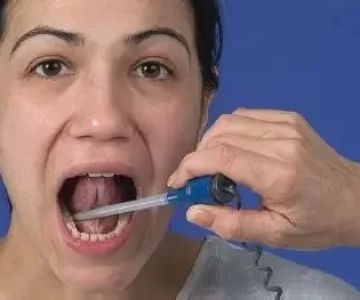
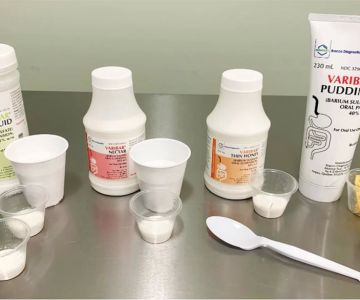
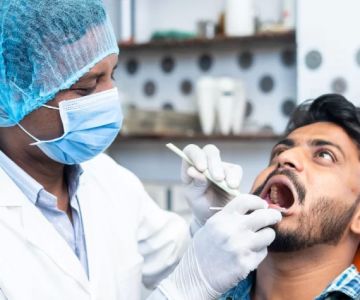
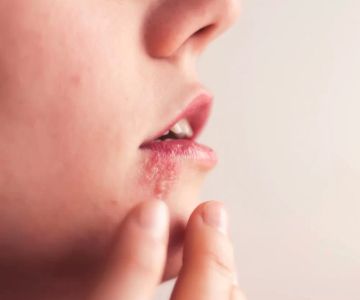
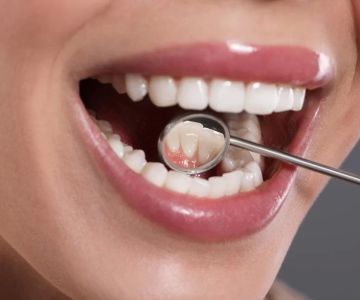
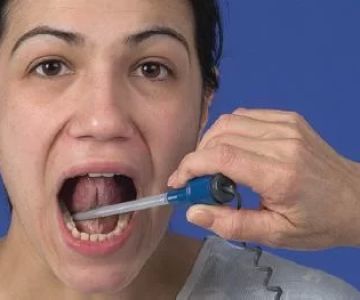
 Sundance Endodontics5.0 (254 review)
Sundance Endodontics5.0 (254 review) Kaiser & Rosen Dental Associates4.0 (107 review)
Kaiser & Rosen Dental Associates4.0 (107 review) Bonanza East Dental4.0 (24 review)
Bonanza East Dental4.0 (24 review)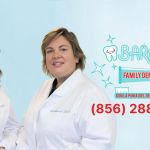 Barclay Family Dental4.0 (152 review)
Barclay Family Dental4.0 (152 review) Children's Dentistry5.0 (1 review)
Children's Dentistry5.0 (1 review) Tend East Nashville4.0 (319 review)
Tend East Nashville4.0 (319 review) The Importance of Oral Health Education During Pregnancy for a Healthy Pregnancy
The Importance of Oral Health Education During Pregnancy for a Healthy Pregnancy Best Tips for Brushing Your Teeth Properly for Healthy Gums: Essential Techniques for Oral Health
Best Tips for Brushing Your Teeth Properly for Healthy Gums: Essential Techniques for Oral Health Why Skipping Dental Checkups Can Lead to Bigger Oral Health Problems
Why Skipping Dental Checkups Can Lead to Bigger Oral Health Problems Advantages of Porcelain Dental Restorations
Advantages of Porcelain Dental Restorations How Can Diabetes Cause Tooth and Gum Problems? Preventing and Managing Oral Health Issues
How Can Diabetes Cause Tooth and Gum Problems? Preventing and Managing Oral Health Issues Healthy Habits for Promoting Good Oral Health and Hygiene: Tips for a Healthy Smile
Healthy Habits for Promoting Good Oral Health and Hygiene: Tips for a Healthy Smile